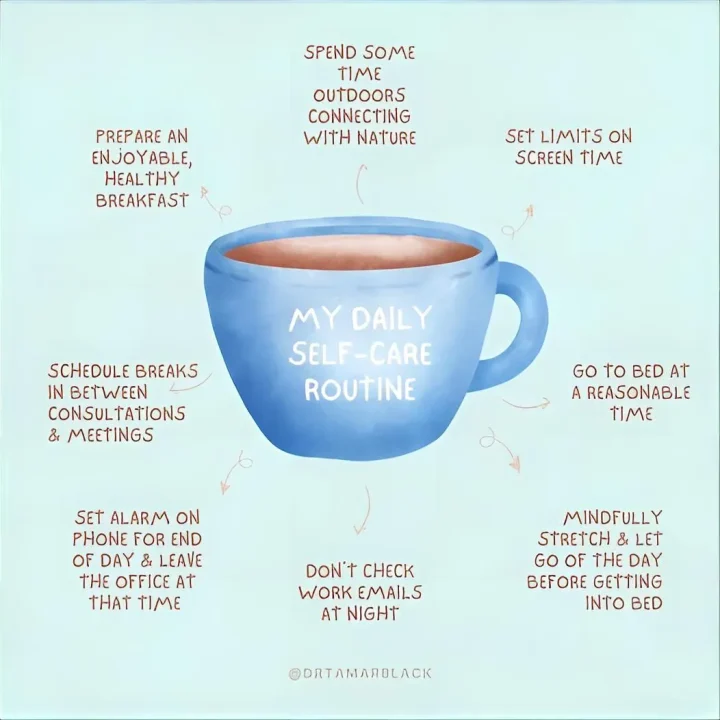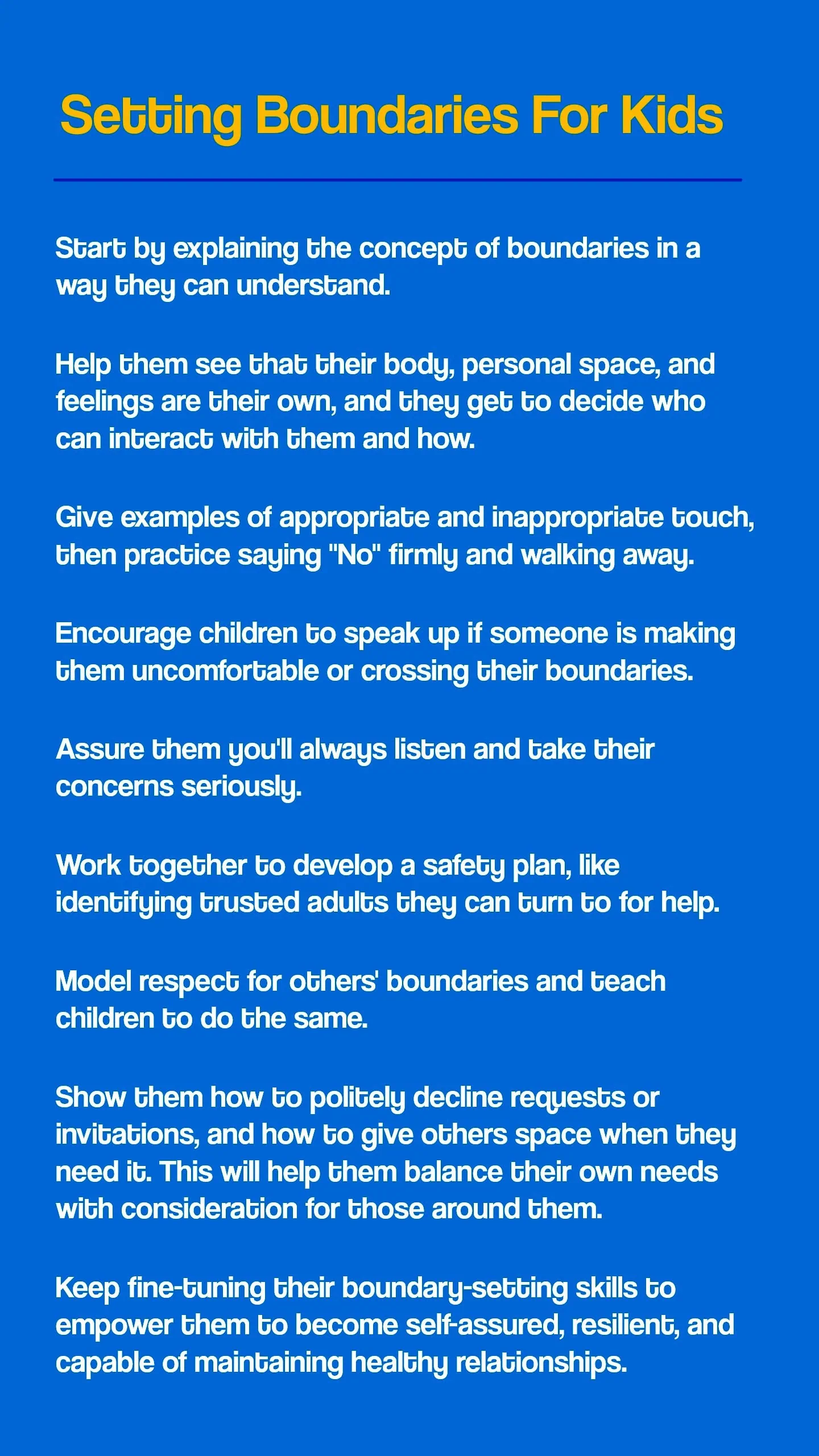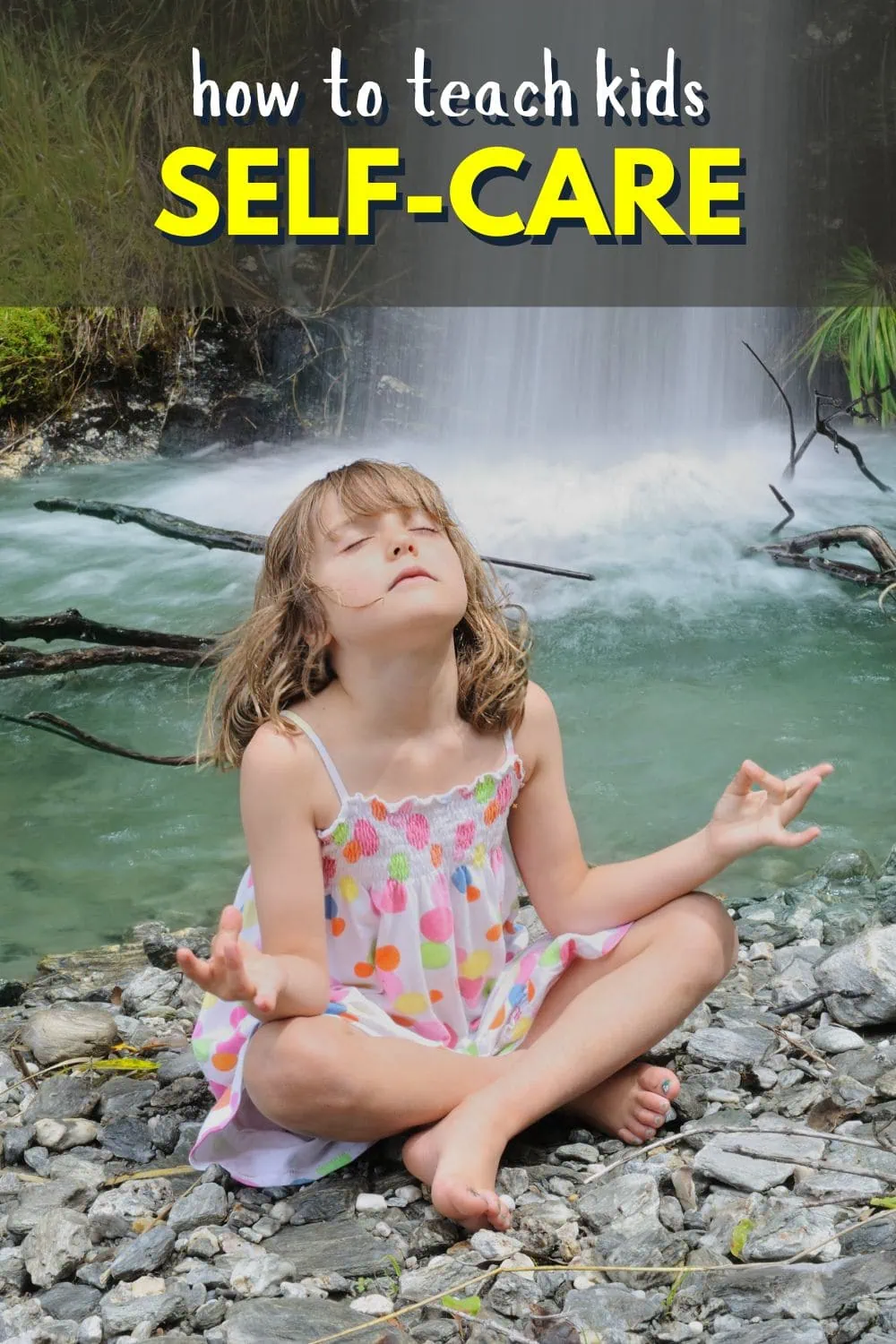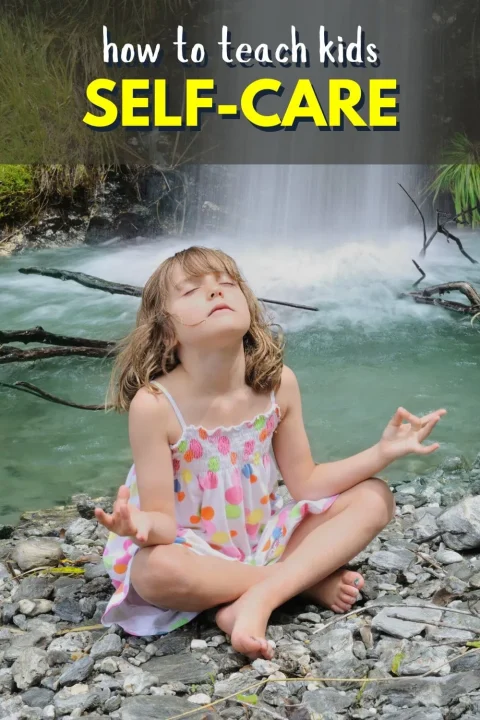Today's Thursday • 8 mins read
— By Dr. Sandip Roy.
Self-care is a basic need of being human. The earlier your child learns it, the happier and healthier they will be as grown-ups.
One thing’s for sure: kids pick up more from watching their parents than from being taught. So, show them how you are taking care of yourself.
Do you know there are at least 12 Behaviors That Show You’re Not Self-Disciplined?
How to talk about self-care with your kids?
Sharing small bits of knowledge now and then works great with kids. Once they are familiar with the topic, fix a date and time to go into details on the topic.
Today, you could introduce them to self-care in a simple sentence.
“Self-care means taking good care of your body and mind. It will keep you happy, healthy, and ready to learn and play.”
Tomorrow, you could add that brushing their teeth every day, eating healthy snacks, and getting enough sleep are all parts of self-care.
Self-Care Habits For Kids
Some simple ways to help your kids practice self-care:
Physical Self-Care
- Exercise Daily: For kids, exercise means moving their bodies — playing, dancing, running, jumping, and any other movements they love to do. Encourage them to move their bodies every day. Tell them it keeps their brains and bodies strong and healthy, so they can easily do things that need brainpower and muscle power.
- Eat Healthy Foods: Tell them, eating healthy means enjoying different types of foods that are good for their bodies. Like fruits, vegetables, and proteins like beans, nuts, and lean meats. They can ask you to try a different healthy food every day. Eating well will give them the energy they need to play, learn, and grow strong.
- Get Enough Sleep: Enough sleep for kids means going to bed when it’s time to sleep, sleeping for 9–11 hours each night, and getting up refreshed. Tell them that a good night’s sleep helps their brains and bodies rest and recharge, so they can wake up fresh and ready for a new day of fun and learning.
- Drink Water: Water makes up 50-60% of the body, but sweating makes us lose it. Water is very important for our body, especially our muscles and brain. Drinking plenty of water throughout the day will keep us hydrated.

Emotional Self-Care
- Talk About Feelings: For kids, talking about their feelings means sharing what’s on their minds with someone they trust, like a parent, teacher, or friend. Ask them how they are feeling at different times of the day. Encourage them to express their emotions, whether they’re happy, sad, or anything in between. Teach them the names of emotions. Talking about feelings helps them understand and manage their emotions better.
- Relax and Breathe: Tell them that we should all take a few minutes to calm down when our mind or body is feeling stressed or upset. Teach them to take a few deep breaths, close their eyes, and think of something that makes them happy. Practice belly breathing with them daily to help them learn how to feel more relaxed when feeling disturbed.
- Set Boundaries: For kids, setting boundaries means knowing when to say ‘No’ to other people — to strangers, people doing ‘bad touch’, and those hurting them. Tell them that it’s okay to take time out from activities or people when they need to rest or recharge. Kids must learn how to tell people what behaviors they will not accept from others, and how to respect other people’s boundaries.

Mental Self-Care
- Learn New Things: For kids, learning new things means being curious. Lucky for parents, most kids come with insatiable stocks of curiosity! You can still motivate them to learn and discover new facts, skills, or hobbies every day. It could be a fun fact, a new word, a new sport, a paper craft, or a fun science experiment. Give your kids a desire to keep learning lifelong, to prevent aging and slowing of their brains.
- Do What They Love: It means spending time on hobbies and activities that make them happy. This could be drawing, reading, playing an instrument, or any other fun activity. Help them find what they love, and encourage them to make time for these activities every day. Tell them it would keep their minds happy and sharp.
- Limit Screen Time: Suggest taking breaks from TVs, computers, and other digital screens to rest their eyes and minds. Warn them that too much screen time can make them feel tired and stressed. Give them reminders to spend time playing outside, reading books, or doing hands-on activities.

Social Self-Care
- Spend Time with Friends and Family: Set aside time to play games, talk, and have fun with your kids — they will learn to do the same. Teach them how to build good relationships and plan quality time with the people they care about. Tell them about the positive psychology research that says social connections can boost our happiness and well-being.
- Join Clubs or Groups: Help them participate in activities that interest them, like a sports team, a book club, or a hobby group. Being part of a group can make them feel included and supported. Tell them that collaborating with each other is how humans became the most intelligent species on planet Earth.
- Ask for Help: Teach them that if they need help with something, it’s okay to ask. Whether it’s homework, a problem they’re facing, or just needing someone to talk to, encourage them to ask for help. They need to know that everyone needs help at times, and it’s okay to reach out.
Practical Self-Care
- Keep Their Space Tidy: Encourage them to keep their room or study area tidy and organized. Ask them to put away toys, books, and other items when they’re done using them. Tell them that a clean space reduces stress from their minds so that they can feel relaxed and more energized.
- Plan Their Day: Help them use a simple planner or a calendar to keep track of their activities and homework. Help them set a schedule for schoolwork, play, and rest. Tell them it will help them control their time and remember their tasks.
- Share Responsibilities: For kids, sharing responsibilities means helping out at home and working together with family members. Motivate them to take on small tasks, like setting the table or tidying up their room. Sharing responsibilities teaches them teamwork and makes things easier for everyone on the team.
10 Quick Tips To Help Your Kid Self-Care
- Move Around: Ask kids to fetch something from another room while shuffle-dancing, funny-walking, or doing jumping jacks. It can help them release energy and improve their mood.
- Silly Questions: Ask them funny questions like “If you could be any animal, would you be a dancing flamingo or a singing panda?” or “What’s the silliest sandwich you can imagine?” when they are upset. This can distract their focus on to something light-hearted.
- Deep Breathing: Teach kids to take deep breaths by pretending to smell a delicious soup and then blow on it to cool it down. This is simple, and you can do it with them to help them calm down and reset their emotions.
- Stay Hydrated: Remind kids to drink water regularly. Let them have their own water bottle and let them fill it up themselves.
- Positive Reinforcement: Praise kids for taking care of themselves and making healthy choices. Positive feedback nudges them to continue self-care habits.
- Special Tasks: Give kids small tasks like cleaning a toy, planting a sapling, or feeding a pet. These can help them feel accomplished.
- Independence: Empower kids. Let them do little things on their own, like choosing their clothes. This builds their confidence and self-reliance.
- Quiet Time: Create moments of rest in their daily routine, like reading a book or coloring quietly. Even a few minutes of daytime downtime can help them recharge.
- Creative Expression: Give them journals or drawing pads to express their thoughts and feelings. Writing or drawing are great ways to process emotions.
- Mindfulness: Teach kids to pay attention to their surroundings by naming five things they see when they feel overwhelmed. Mindfulness practice helps them stay grounded and calm.
Final Words
Self-care is finding what makes your kids feel good and helping them deal with difficult feelings without hurting others.
Encourage them to share how they practice self-care and support them in their efforts.
Do you have any other strategies you’d like to add?
√ Also Read: How To Protect Your Child From Generational Stress?
√ Please spread the word if you found this helpful.
• Our Story!
» You deserve happiness! Choosing therapy could be your best decision.
...
• Disclosure: Buying via our links earns us a small commission.

